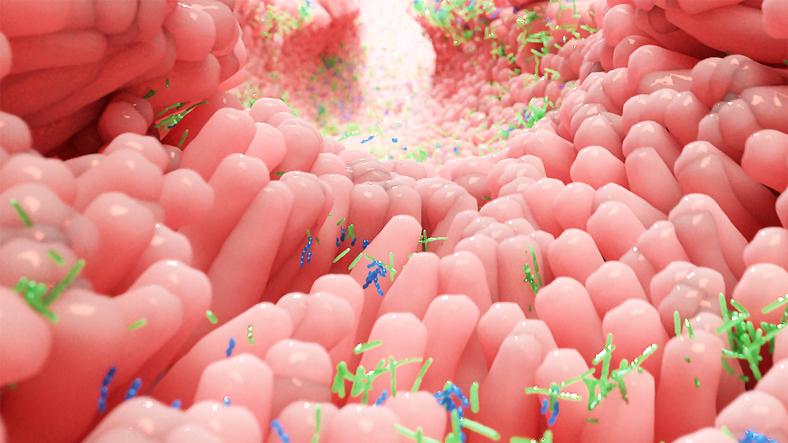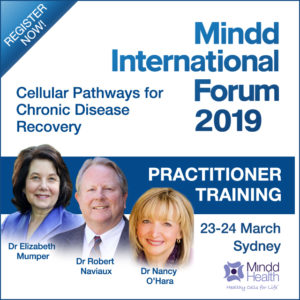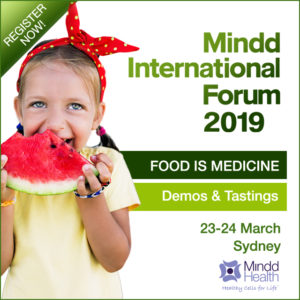The Cell Danger Response and its relationship with the Microbiome are inextricably linked.
The microbiome is responsible for many of the body’s functions…
- A properly functioning immune system
- Vitamins synthesis
- Producing neurotransmitter
- Protection against heavy metals, toxins and chemicals
- Mediating inflammation in the body
The Cell Danger Response and the Microbiome
With chronic childhood illness on the rise, more and more investigative measures are being taken by physicians and integrative medicine practitioners to assess how the microbiome plays a role in the health outcomes of children. With preventive medicine being a significant focus in the last ten years or so, more research is supporting the efficacy of assessing the entire body and its innate functions before diagnosing or even medically treating the body.
Groundbreaking Work on the Healing Cycle
The cell danger response is not exclusive to this. Although it is a relatively new biomedical concept, there will be a focus at this year’s Mindd Forum on the cell danger response and enabling healing within the cell. Dr Naviaux, who presents the Forum MasterClass, has carried out groundbreaking work on cellular defence mechanisms and the healing cycle of the cell. He will explain these processes to his practitioner audience for them to be able to apply that knowledge in clinical applications.
For an in-depth explanation of the Cell Danger Response see What is the Cell Danger Response with Dr Nancy O’Hara.
Briefly, the Cell Danger Response is the intracellular response to stressors, viruses, chemicals or toxins and any foreign particles that come into the human system that need to be expelled. If the cell danger response is constantly being activated and is defective, it may cause a heightened prevalence and severity of inflammation.
Interaction with the Microbiome
The cell danger response can not only cause an inflammatory cascade within the body, but it may also affect the microbiome. The majority of the microbiome is in the digestive tract, and its composition is best described as a continuously changing ecosystem that is influenced by diet, lifestyle, and genetics.
The chronic activation of the cell danger response, which Dr Nancy O’Hara explains as ‘persisting and constantly being in that fight or flight mode trying to fight a virus that isn’t there’, can alter both the distal bowel as well as the ability to metabolize and utilize dietary nutrients. This can have severe repercussions on all functions required by the human body to undertake daily tasks.
The Effect on an ASD Child
A child with Autism Spectrum Disorder (ASD) for example could have multiple problems if a chronically activated cell danger response is present. Firstly, disaccharide metabolism is altered, causing the distal bowel to receive a more significant number of simple sugars and change carbohydrate digestion. Secondly, the increase in ‘oxidizing conditions’ associated with an activated cell danger response can alter the cells that line the intestines. This alteration can lead to differences in how vital amino acids are processed. This would then have consequences for brain and gut health (Naviaux 2014).
These factors combined alter the permeability of the digestive tract and dysbiosis. As the enteric and central nervous system are connected and communicative, an altered microbiome may cause worsening of ASD symptoms or communication abnormalities.
Dr Naviaux will address these links in detail and explain current research with regard to the cell danger response, cellular healing and how to incorporate these concepts into practice.
Learning Objectives for Dr Robert Naviaux’s MasterClasses at the 2019 Mindd Forum
- The interconnected relationship between mitochondria and the nucleus in perpetuating the healing cycle and treating chronic disease
- Understanding Chronic Fatigue Syndrome in a new light: the impact of metabolomic analysis and the importance of cellular energy in unblocking the healing cycle
Dr Robert Naviaux Masterclasses include:
- The Cell Danger Response, Healing Cycle & Chronic Disease
- Chronic Fatigue Syndrome Metabolomics & Future Clinical Trials







